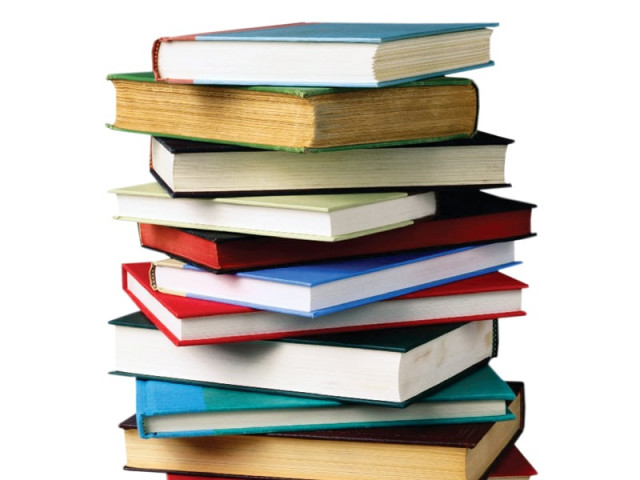Educational reforms: ‘Punjab has achieved school milestones’
Roadmap for education reform has met all its targets: Barber.

Barber said that teacher and student attendances had both increased from 81 per cent and 83 per cent to 92 per cent. PHOTO: FILE
Punjab has achieved several milestones in student enrolment, availability and functionality of facilities, in teacher quality and student and teacher attendance, said Sir Michael Barber, the Department for International Development (DFID) special representative on education for Pakistan, at the Lahore University of Management Sciences here on Tuesday.
Barber discussed the salient features of the Punjab Education Reform Roadmap. The talk coincided with the launch of Barber’s essay titled ‘The good news from Pakistan.’
Barber said the title of his essay was selected to portray the progress made in the education sector. He said the timing was intended to present the outcomes of the roadmap so that whichever political party comes in power in the future understands the significance of the initiative.
“Every [Pakistani] politician I have met recognises that education is a neglected area and was supportive of the roadmap,” he said.

Having prepared the roadmap for education reform in 2010, Barber began implementing the plan in January 2011, a month after Chief Minister Shahbaz Sharif gave him his approval. The roadmap focused on improving enrolment, attendance and learning outcomes besides strengthening the Punjab Education Foundation and the district administrations to ensure appointments on merit.
“Just yesterday (March 25) in a meeting with the chief minister and the chief secretary I informed them that all those targets have been met,” said Barber.
Outcomes
Barber said that teacher and student attendances had both increased from 81 per cent and 83 per cent to 92 per cent. He said approximately 1.5 million more children were now enrolled in schools as a result of the roadmap implementation.
He said availability of school facilities like toilets, drinking water, boundary walls and electricity had increased from 69 per cent to 91 per cent.
He said as many as 37,000 more teachers were now attending school and executive district officers for education were being appointed on merit. Barber said as many as 140,000 children were being facilitated under the voucher scheme for children from humble backgrounds.
“This is the fastest growing voucher scheme of its kind in the world,” he claimed.
Challenges and lessons
Barber said for girls aged between 5 and 9 years’ school enrolment was still only 67 per cent. “The floods [in 2011] did not change the ground reality for schools. The situation had gotten worse and work had to be done,” he said.
Barber said there had been considerable improvement under the roadmap for education reform but the transformations were not sustainable yet.
“It is not yet irreversible and if we stop pursuing it, the momentum will be lost,” he said.
He said, “This is a partnership between two countries and is not about money.”
Barber said by April this year every student would have a textbook on every subject and by September teachers in government schools would have access to coaches for their teaching.
School Education Secretary Aslam Kamboh said the student and teacher attendance of Punjab could now be compared to that of any country of comparable economic conditions. He said that the foreign aid component was not more than 6 per cent of the education budget. Singer Shahzad Roy also spoke about his experience of hosting a TV show about the school education system of the country. Roy sang songs including the title song of his show.
Published in The Express Tribune, March 27th, 2013.


















COMMENTS
Comments are moderated and generally will be posted if they are on-topic and not abusive.
For more information, please see our Comments FAQ